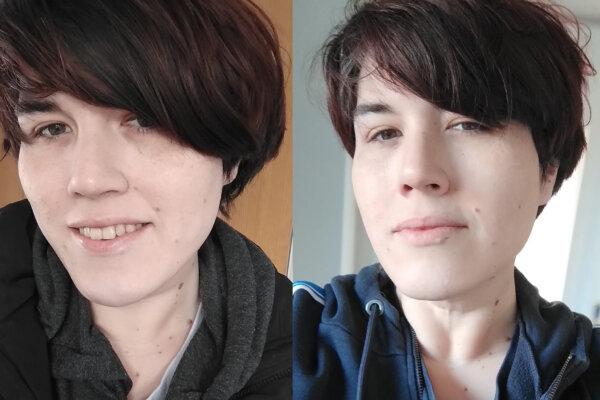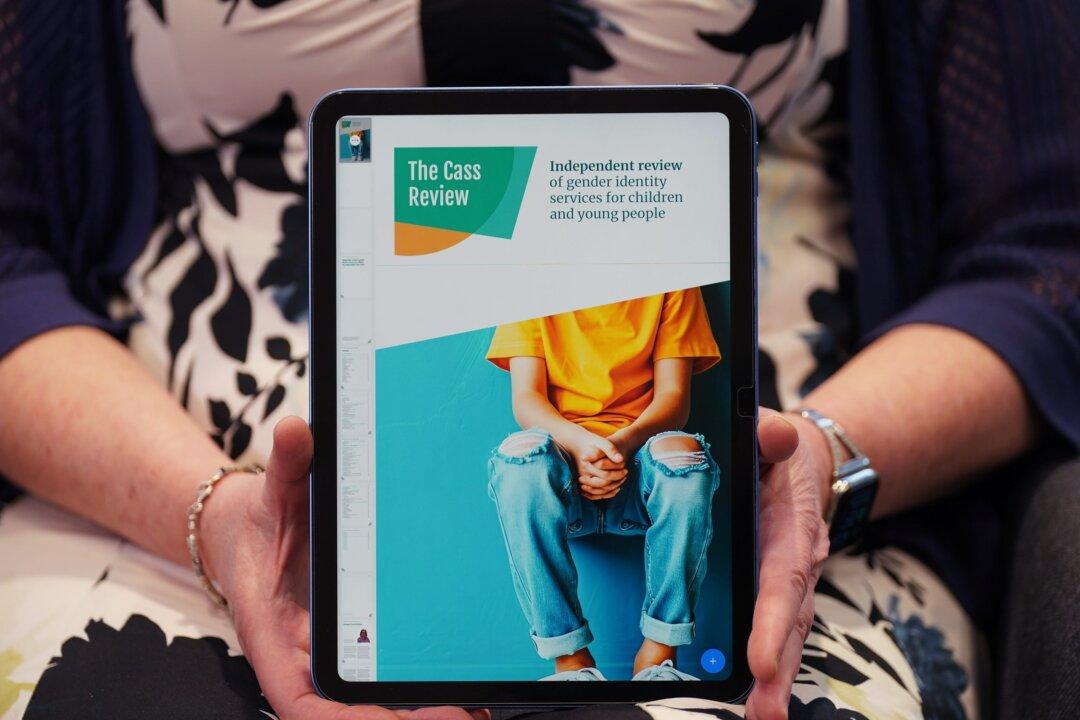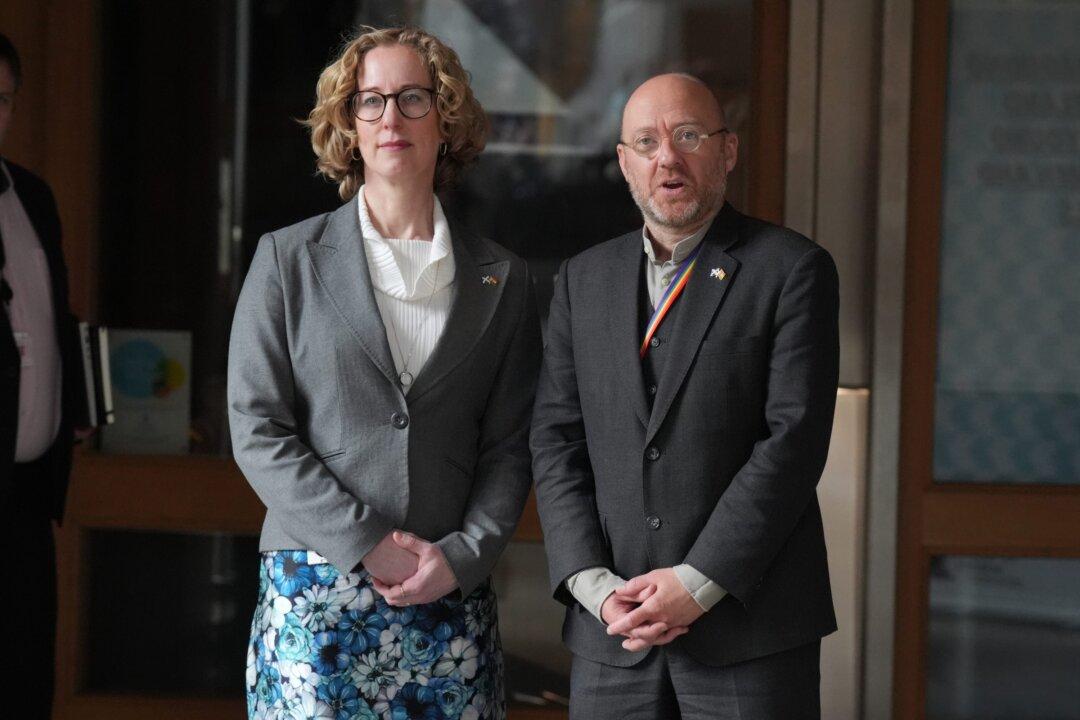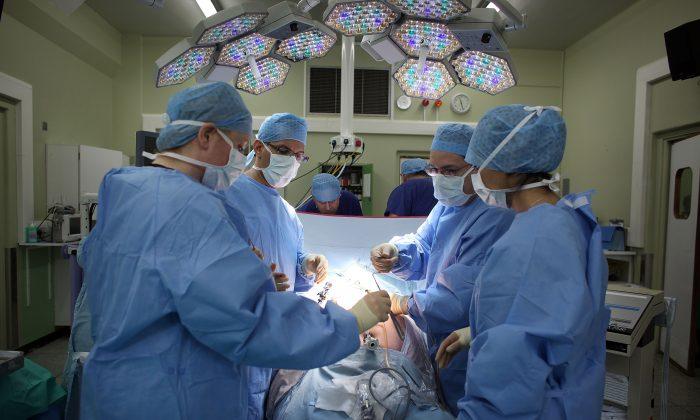NHS England has pledged to review the prescription of cross-sex hormones for over-16s in a letter to the author of a damning report into the “gender identity” services offered to children and young people.
The health service has already banned the prescription of puberty blockers for children under 16—unless taken as part of a medical trial—but is still prescribing feminising and masculinising drugs for young people in the 16–25 age group, as well as for older adults.
Cross-sex hormones can cause a raft of health problems, as well as infertility and irreversible physical changes, meaning those who change their mind about trying to present as the opposite sex can be left with a lifetime of regret.
Known side-effects of the testosterone blocking drugs include an increased risk of blood clots, cardiovascular disease, and slow-growing tumours affecting the brain and spine, as well as gallstones, dehydration, and increased urination. Over time, these drugs may also increase the risk of type 2 diabetes, high blood pressure, and osteoporosis in men.
Ritchie Herron, a man who began taking cross-sex hormones in his mid-20 and then had surgery at 30—which he describes as “savagery” and something he immediately regretted—told The Epoch Times he believes in the future there may be a raft of claims made by people who took cross-sex hormones who go on to develop serious health problems.
Mr. Herron was an undiagnosed autistic with complex mental health issues who struggled to come to terms with being gay, when he came across the idea of being “transgender” in his 20s. He first obtained cross-sex hormones from a private provider when he was 26 and waiting for an appointment at the NHS gender clinic in Newcastle.
Mr. Herron said the long-term impact of cross-sex hormones, which he took for four-and-a-half years, is not fully understood because of a lack of high quality research, but is a real concern.
“One of the biggest impacts is [on] autoimmunity—straight away. And this happens in both men and women. When you’re deprived of one of the main sex hormones—oestrogen or testosterone, doesn’t matter which—you produce cortisol, the stress hormone ... and that knocks your immune system.
“You also have osteoporosis, which is worse for women who take testosterone, actually,” he said.
“The big one I’m worried about is the cognitive decline. You hear a lot of trans people talking about like brain fog and [that sort of thing]. Now, I think the next big thing is claimants [of] this generation. Alzheimer’s impacts women more than men at the scale of two to one. Alzheimer’s research shows [the disease] in males is highly linked with low testosterone and high oestrogen levels,” he said.
“There’s so much misinformation about the safety of these things,” he added.
“The so-called ’trans elders’ who they point to as being in good health ... they didn’t start hormones in their teens and 20s, they were in their 40s and 50s.”

Dr. Hilary Cass’s review laid bare the extent of safeguarding failings for vulnerable young people who believe they are suffering gender incongruence and have been rushed down inappropriate medical pathways by ideologically-driven professionals instead of receiving psychosocial therapy.
In its letter to former paediatrician Dr. Cass, NHS England said that its use of “gender affirming hormones” will now go through “a process of updated evidence review and public consultation, similar to the rigorous process that was followed to review the use of puberty suppressing hormones.”
‘Extreme Caution’ Must Be Exercised
The letter acknowledges that Dr. Cass “made clear” that two new clinics offering gender services for children and young people should be “extremely cautious” when considering whether to refer under-18s for cross-sex hormones.NHS England said in order to support the new clinics—set up to replace the Tavistock in London, which was closed following a series of scandals—it has established a national multi-disciplinary team (MDT) that will need to agree on all recommendations for cross-sex hormone intervention.
Professor Judith Ellis will chair this MDT on an interim basis while a permanent chair is appointed, with the team’s first meeting set to take place later this month.
Since the publication of the near 400-page report last week, NHS England has announced it will bring forward its review of its adult gender facilities, after six out of the seven regional clinics obstructed the review by refusing to provide the data requested by Dr. Cass and her team.
In a separate letter to the adult clinics, NHS England informed them they will be subject to “a broader, systemic review” in order to gain a better understanding of the pathway from children’s to adult services and the outcomes for those who were given puberty blockers and cross-sex hormones as youngsters.
In the letter to the adult clinics, the NHS calls on them to implement a “pause” on prescribing cross-sex hormones to anyone under 18, but there is no requirement for them to follow this request.
NHS England said it expects “full cooperation” from the gender dysphoria clinics in the delivery of a data linkage study, and has corresponded with them separately on this.

‘Nothing Is Off the Table’
In a House of Commons debate on Monday evening, Health Secretary Victoria Atkins vowed to close loopholes in the law that are allowing private and online clinics to continue to prescribe puberty blockers and cross-sex hormones to children who have the means to pay for them.Hinting that the government might try to bring in legislation, she said “nothing is off the table” when it comes to ensuring private and online providers cannot continue to be a law unto themselves.
The health secretary told MPs she shares Dr. Cass’s concerns “that clinicians who subscribe to gender ideology will try to use private providers to get around the rules.”
She warned that any gender clinic prescribing hormones to children under 16 “may be committing extremely serious regulatory offences for which they can have their licence revoked and their clinicians can be struck off.”
Officials at the Department of Health and Social Care have asked health watchdog the Care Quality Commission to “look again at the age thresholds in their licensing conditions,” Ms. Atkins added.
She told MPs in the Commons: “It is morally and medically reprehensible that some online providers not registered in the UK have stated their intention to continue to issue prescriptions to children in this country and I am looking closely at what can be done to curtail any loopholes in prescribing practices, including legislative options.”
She added that the refusal by the six gender clinics to cooperate with Dr. Cass was “deplorable” and a “dereliction of their professional duty,” but said they have since agreed to take part in the forthcoming review into adult services.
Had the clinics previously cooperated, the review would have included outcomes for approximately 9,000 young people who moved from the Gender Identity Development Service at the Tavistock into NHS adult gender dysphoria clinics.







